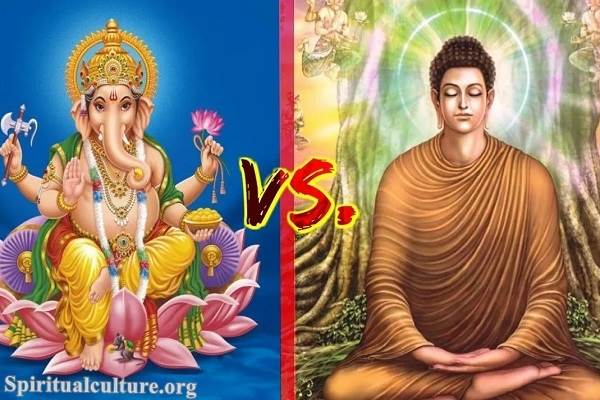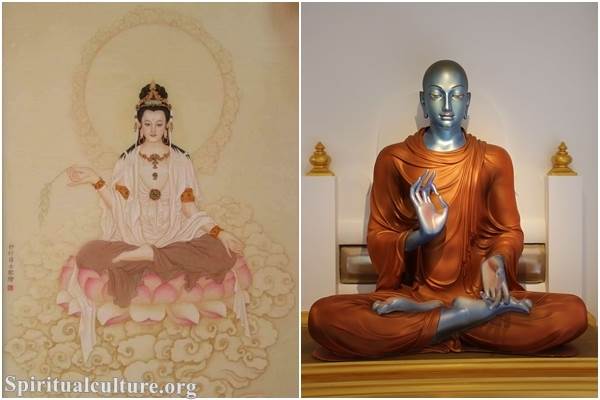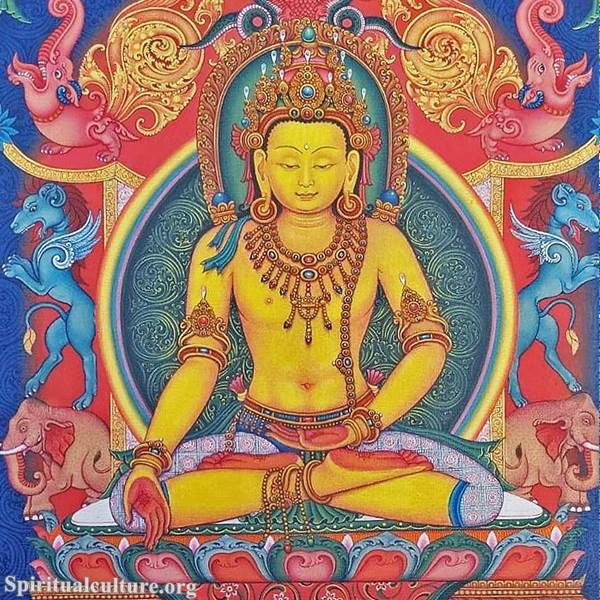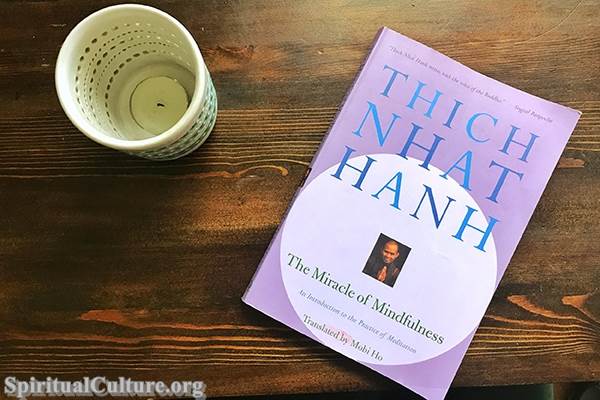The three Universal Truths are considered the foundation of Buddhist philosophy, and understanding them is seen as a crucial step towards attaining enlightenment and liberation from suffering.
The following is a detailed explanation of the three Universal Truths in Buddhism.
1. Impermanence (Anicca)
Impermanence, or Anicca in Pali, is one of the three Universal Truths in Buddhism. It is a fundamental concept in Buddhist philosophy and refers to the idea that all things in the universe, including all physical and mental phenomena, are constantly changing and impermanent.
According to Buddhism, nothing in the universe remains the same, and everything is subject to constant change. This includes all living beings, as well as non-living things such as rocks, mountains, and even stars. This idea of constant change is not limited to things that we can perceive with our senses, but also applies to the mental states and emotions that arise in our minds.
The Buddha taught that the recognition of impermanence is essential to understanding the nature of reality and achieving liberation from suffering. By recognizing the impermanent nature of all things, we can free ourselves from the attachments and clinging that lead to suffering. This is because clinging to things that are impermanent and constantly changing leads to disappointment, frustration, and ultimately suffering.
The recognition of impermanence is also a key component of the Buddhist practice of mindfulness. Mindfulness is the practice of being fully present in the moment, paying attention to our thoughts, feelings, and surroundings without judgment. By cultivating mindfulness, we can become more aware of the impermanent nature of all things and develop a greater sense of acceptance and equanimity in the face of change.
Furthermore, the recognition of impermanence also allows us to let go of our attachment to the past and our worries about the future. We can learn to live in the present moment and appreciate the beauty of each moment without worrying about what may happen in the future or what has happened in the past.
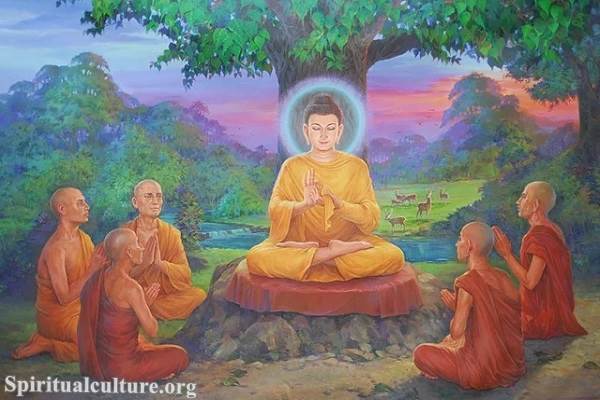
In summary, impermanence is a central concept in Buddhism that emphasizes the ever-changing nature of all things. By recognizing impermanence, we can develop a greater sense of acceptance and equanimity, let go of attachments that lead to suffering, and live fully in the present moment.
2. Suffering (Dukkha)
Suffering, or Dukkha in Pali, is one of the three Universal Truths in Buddhism. It is a central concept in Buddhist philosophy, and understanding the nature of suffering is considered essential to achieving liberation from suffering and attaining enlightenment.
In Buddhism, suffering is not limited to physical pain or emotional distress. It refers to a broader sense of unsatisfactoriness or dissatisfaction with the world and our experience of it. This unsatisfactoriness is caused by our attachment to things that are impermanent, such as material possessions, relationships, and even our own identity and sense of self.
The Buddha taught that suffering arises from three main causes: craving, clinging, and ignorance. Craving is the desire for things that we don’t have, while clinging is the attachment to things that we do have. Ignorance refers to our inability to see things as they truly are, leading to misunderstandings and false beliefs.
The first Noble Truth in Buddhism is the recognition of suffering. The Buddha taught that suffering exists in our lives, and we must acknowledge it before we can begin to overcome it. By recognizing the nature of suffering, we can begin to understand its causes and work towards freeing ourselves from its grip.
The second Noble Truth in Buddhism is the cause of suffering. The Buddha taught that suffering arises from our attachment to things that are impermanent and ultimately unsatisfying. This attachment leads to craving and clinging, which in turn lead to suffering.
The third Noble Truth in Buddhism is the end of suffering. The Buddha taught that it is possible to overcome suffering by letting go of our attachment to things that are impermanent and cultivating wisdom and compassion.
The fourth Noble Truth in Buddhism is the path to the end of suffering. This path includes the practice of ethical conduct, mindfulness, and wisdom. By following this path, we can gradually overcome our attachment to things that cause suffering and cultivate a greater sense of inner peace and happiness.
In summary, suffering is a central concept in Buddhism that refers to the unsatisfactory nature of our experience of the world. It arises from our attachment to things that are impermanent and ultimately unsatisfying. By recognizing the nature of suffering, understanding its causes, and following the path to the end of suffering, we can free ourselves from its grip and attain enlightenment.
3. Non-Self (Anatta)
Non-Self, or Anatta in Pali, is one of the three Universal Truths in Buddhism. It is a fundamental concept in Buddhist philosophy and refers to the idea that there is no permanent, unchanging self or soul in any being.
According to Buddhism, the concept of a fixed self is an illusion created by the mind. Our sense of self is formed by our experiences, memories, and perceptions, and it is constantly changing and evolving. This means that there is no essential, unchanging core or soul that defines who we are.
The Buddha taught that our attachment to the concept of a fixed self is a major cause of suffering. This is because we often cling to the idea of who we think we are and become attached to our identity, leading to anxiety and fear when our sense of self is threatened.
The recognition of non-self is essential to achieving liberation from suffering and attaining enlightenment. By letting go of our attachment to the concept of a fixed self, we can develop a greater sense of equanimity and freedom.
The idea of non-self is not limited to human beings but applies to all things in the universe. According to Buddhism, all phenomena are made up of constantly changing and interdependent elements, and there is no essential, unchanging essence to anything.
The recognition of non-self is also closely related to the Buddhist concept of interdependence or dependent origination. This refers to the idea that all things are interdependent and arise in dependence upon other factors. Therefore, the concept of a fixed self is incompatible with the Buddhist understanding of dependent origination, as it implies an essential, unchanging entity that exists independently of other factors.
In summary, non-self is a central concept in Buddhism that refers to the idea that there is no permanent, unchanging self or soul in any being. Our attachment to the concept of a fixed self is a major cause of suffering, and the recognition of non-self is essential to achieving liberation from suffering and attaining enlightenment.

